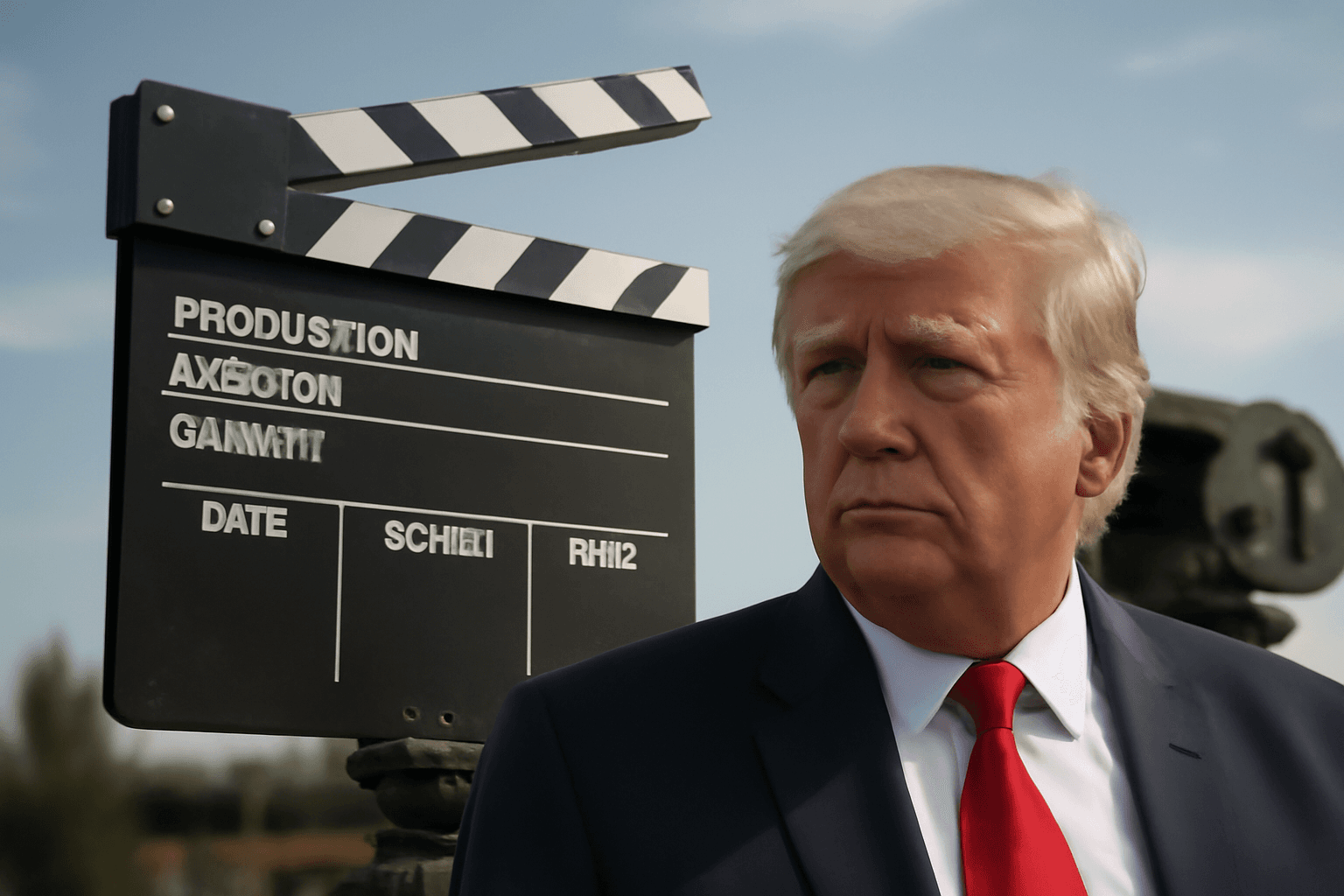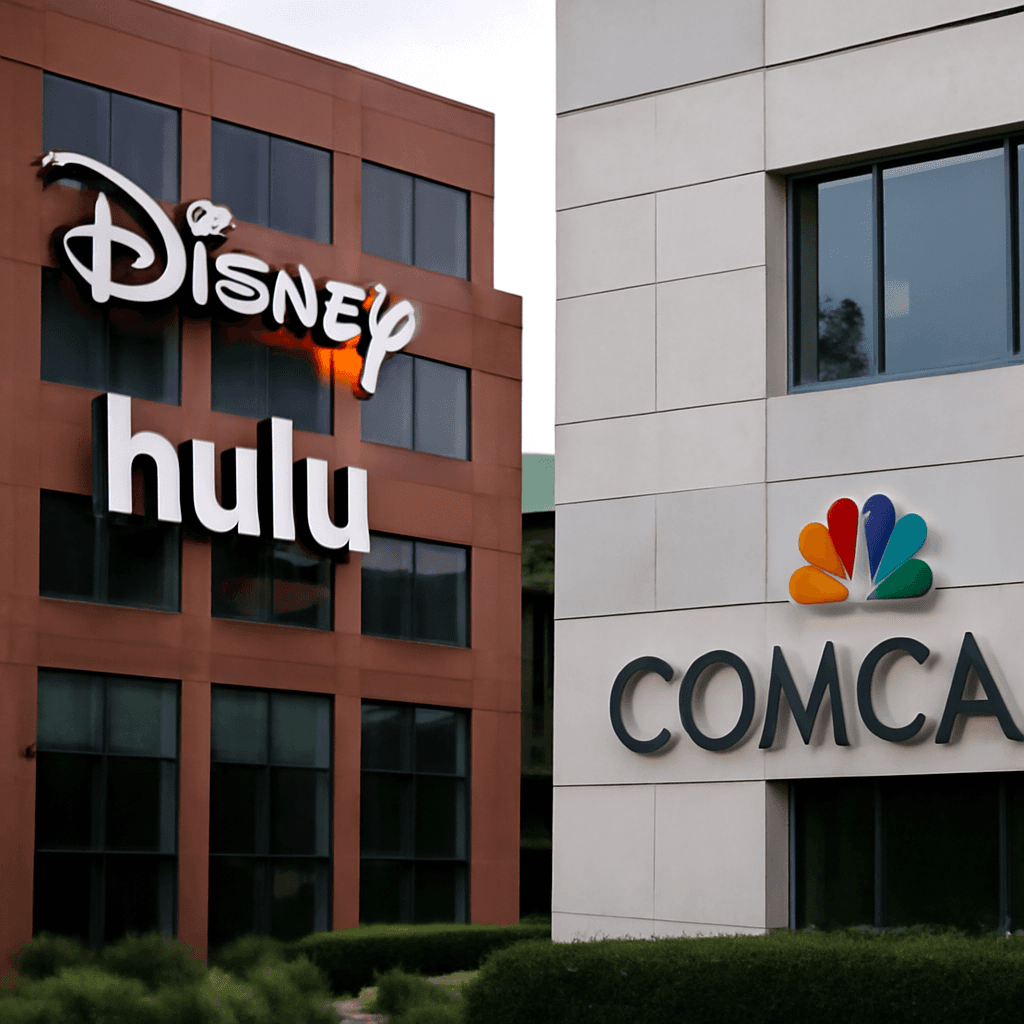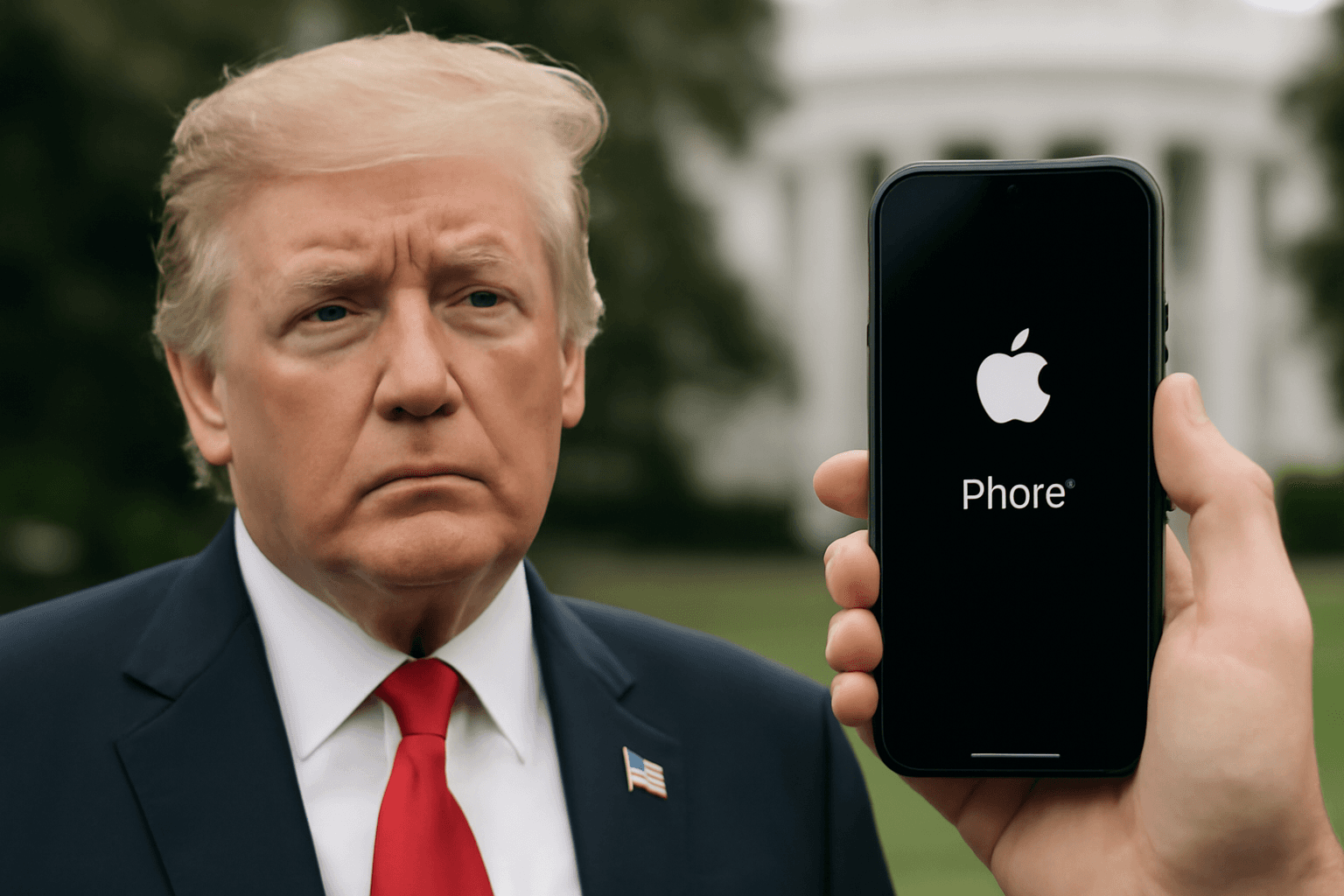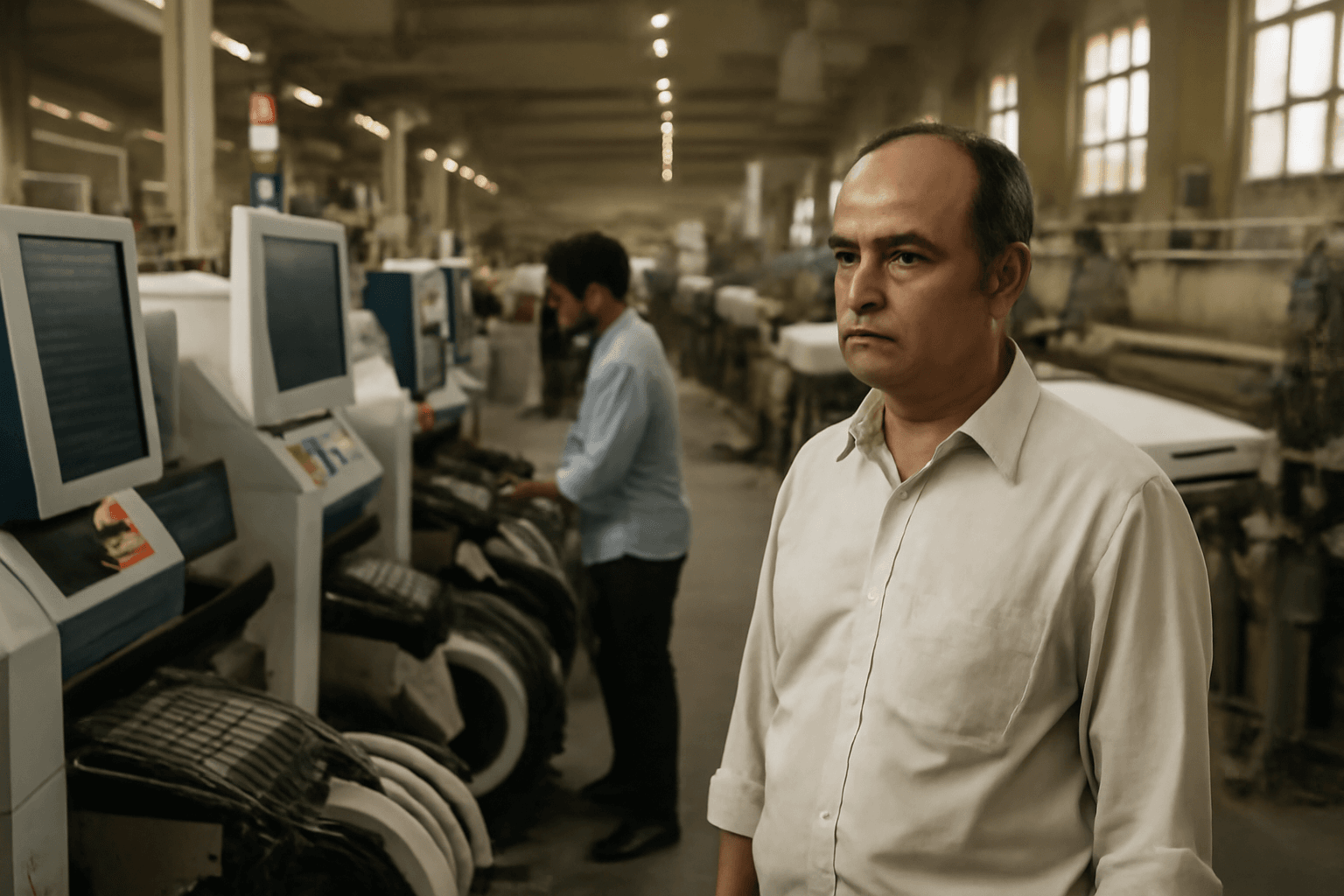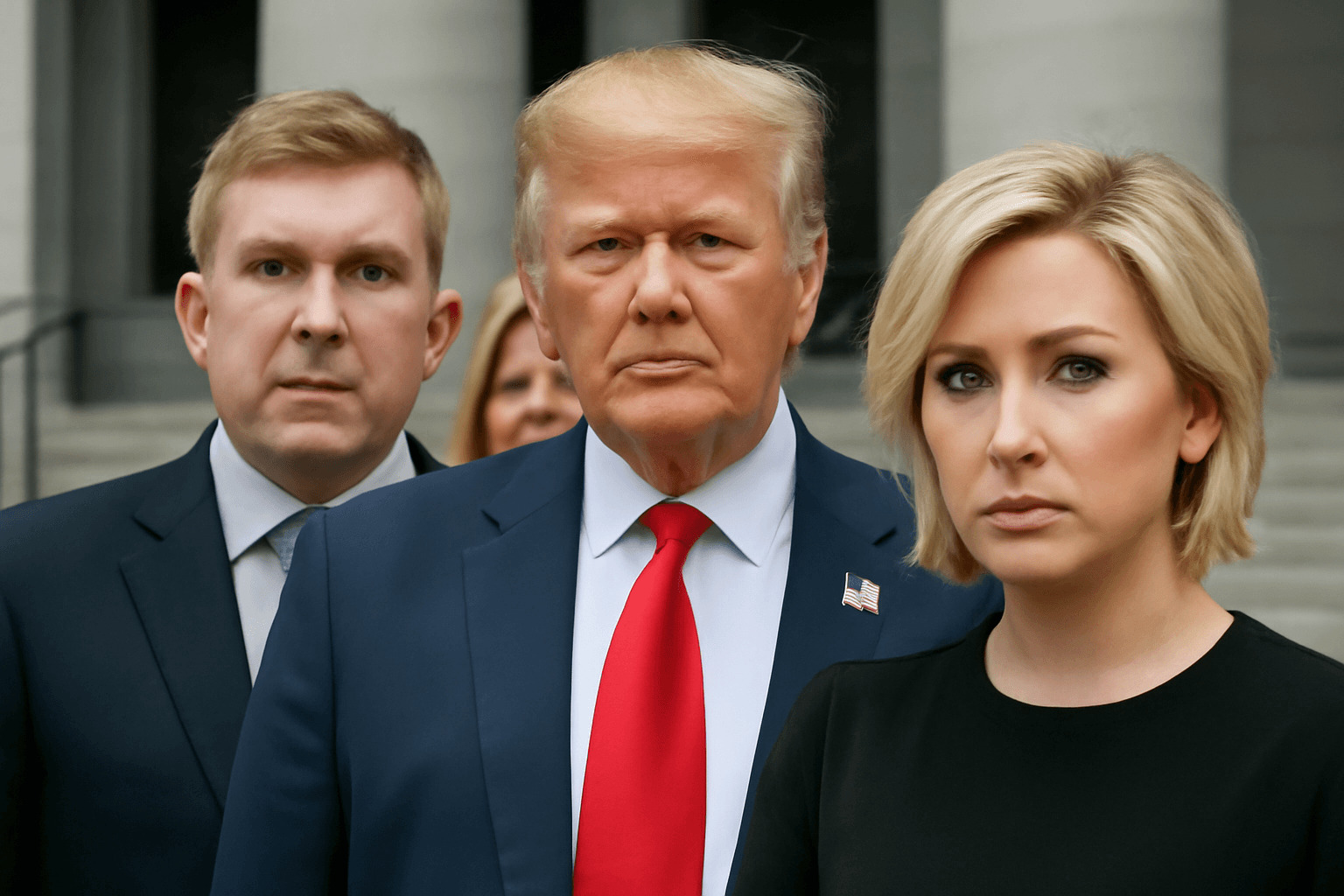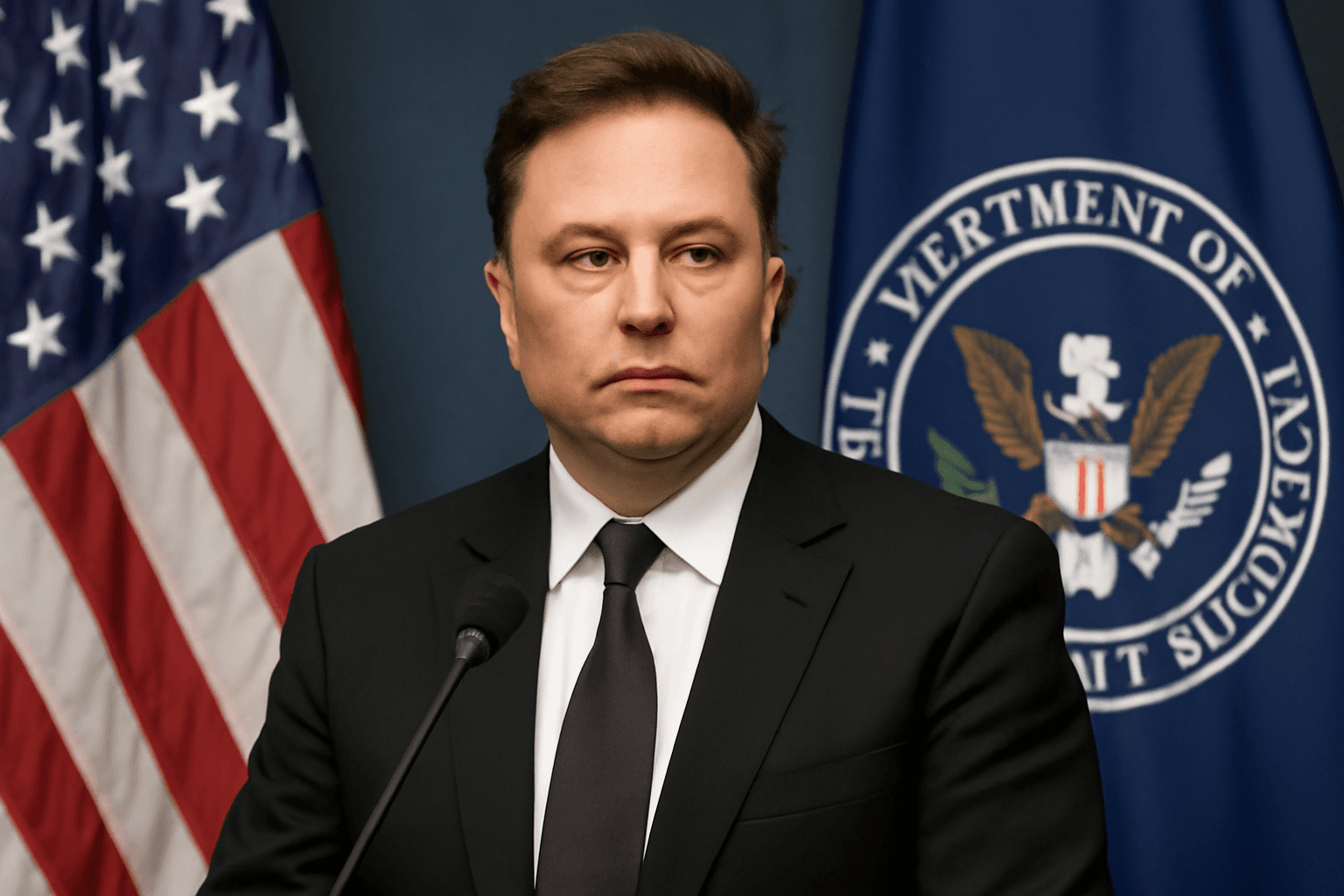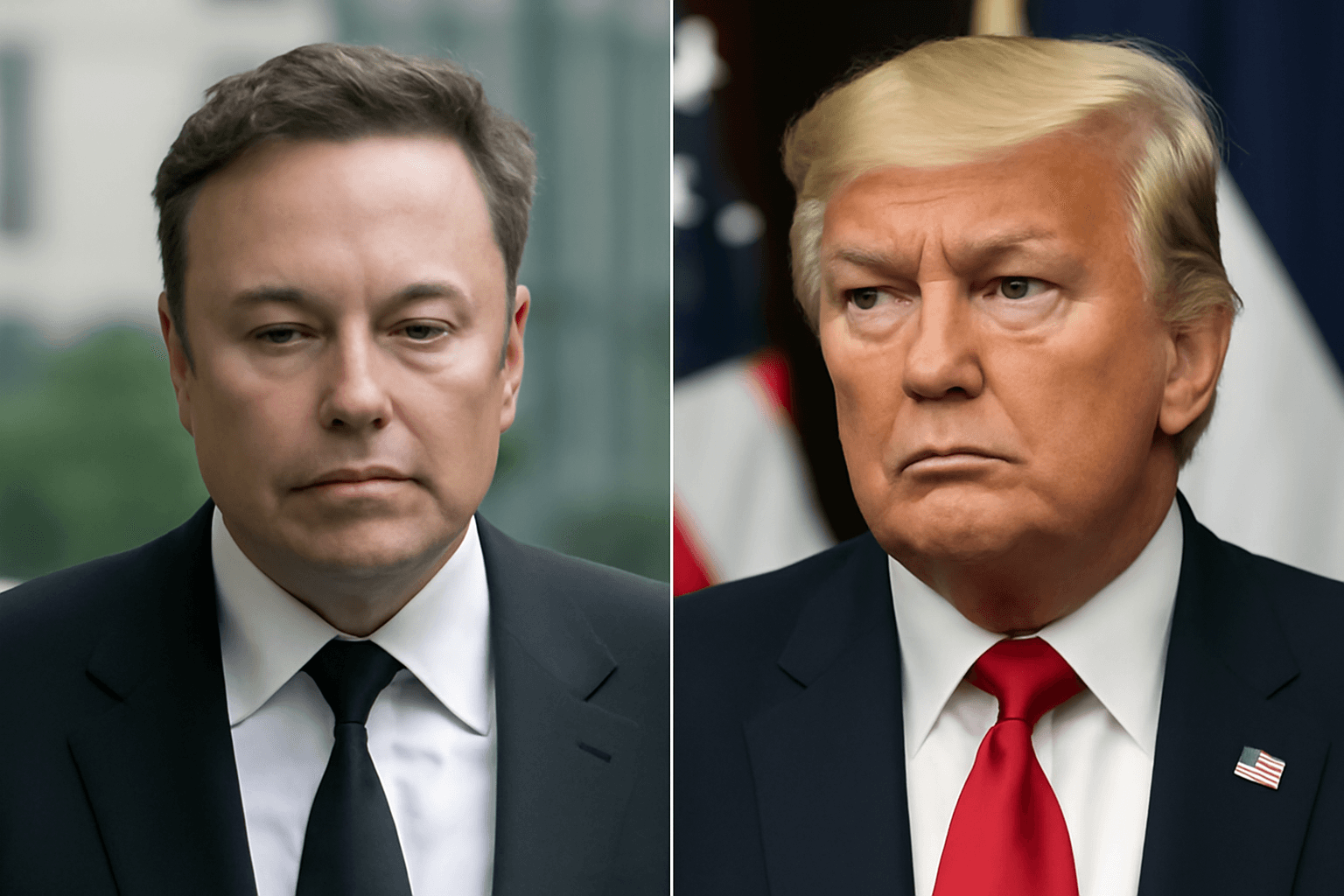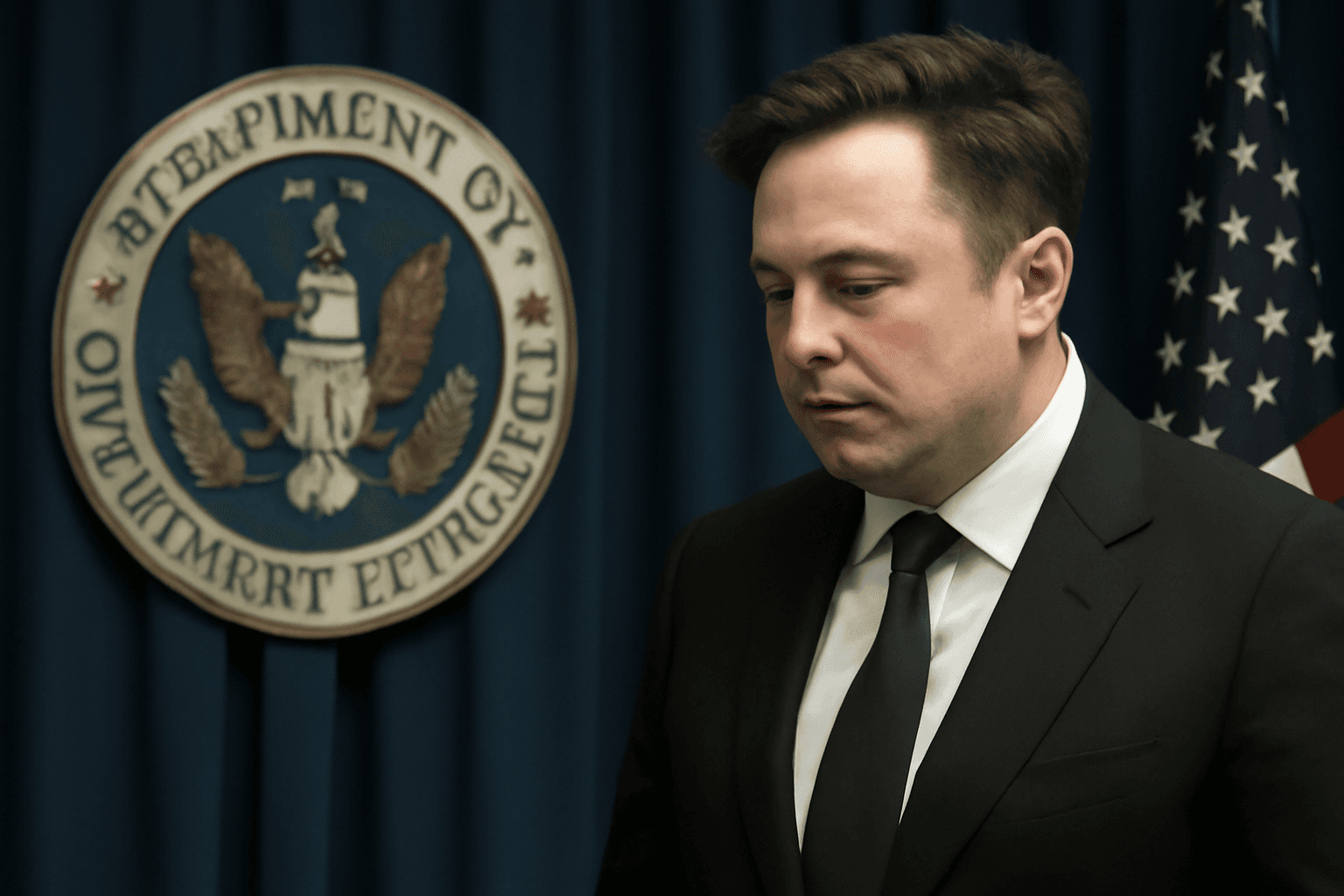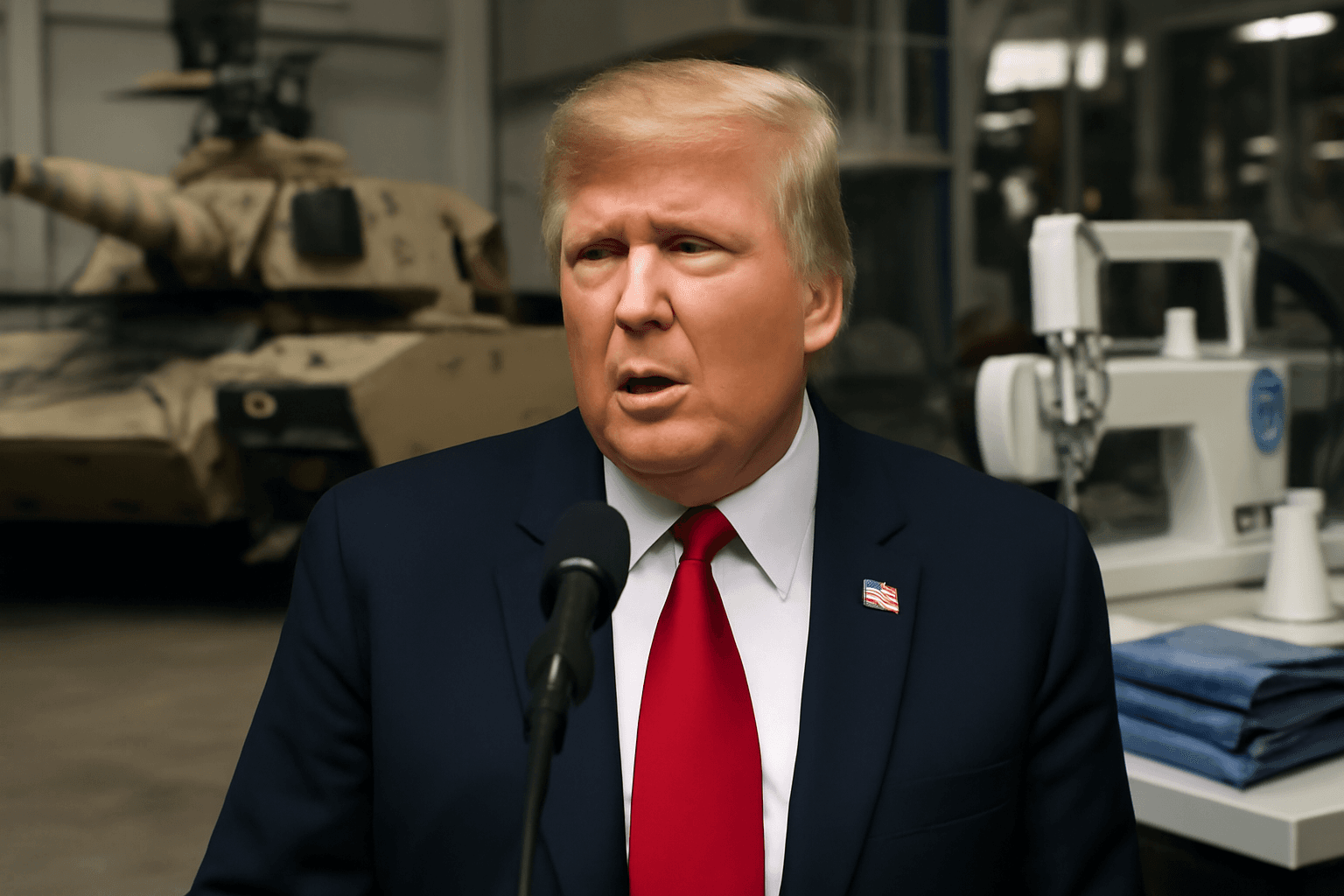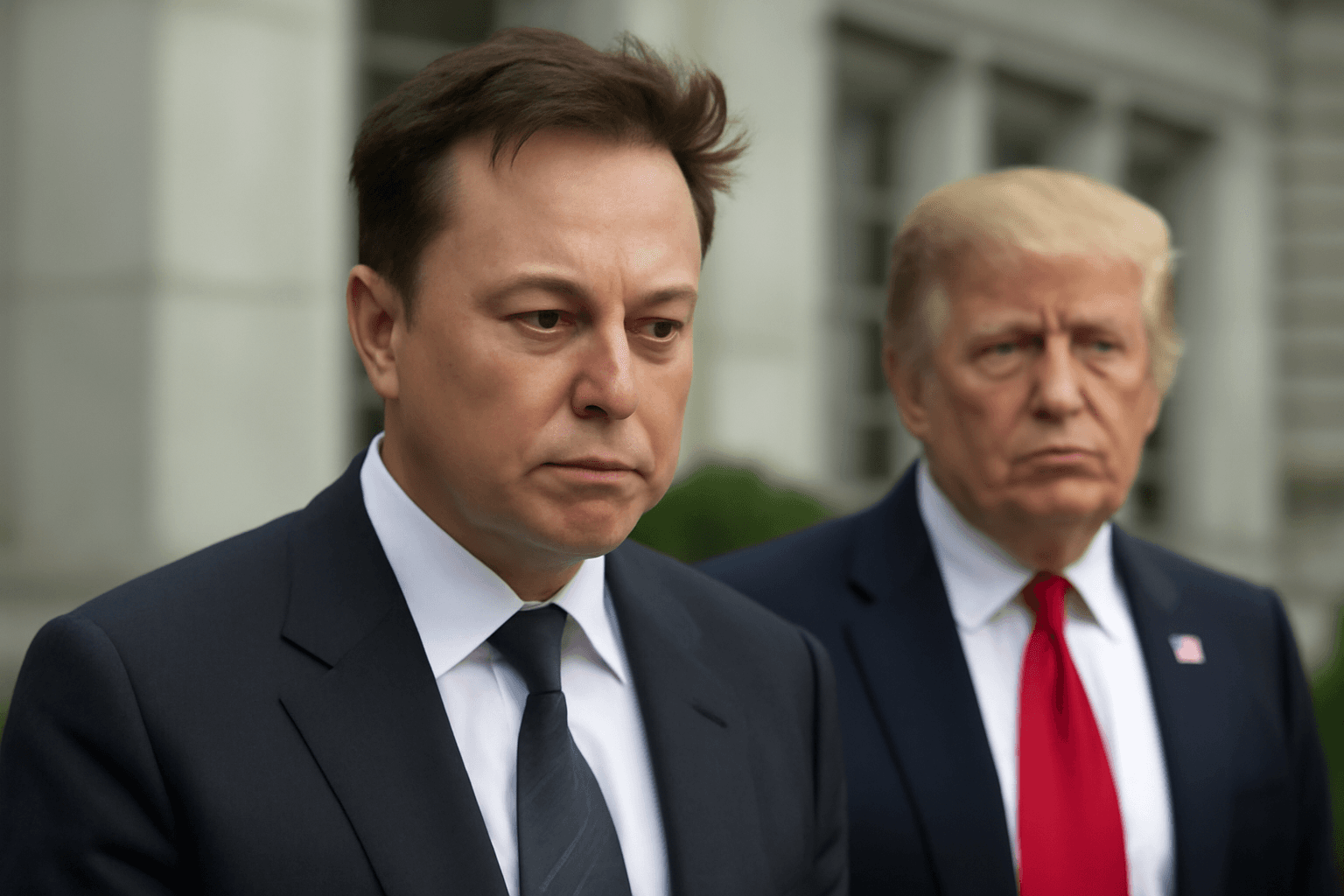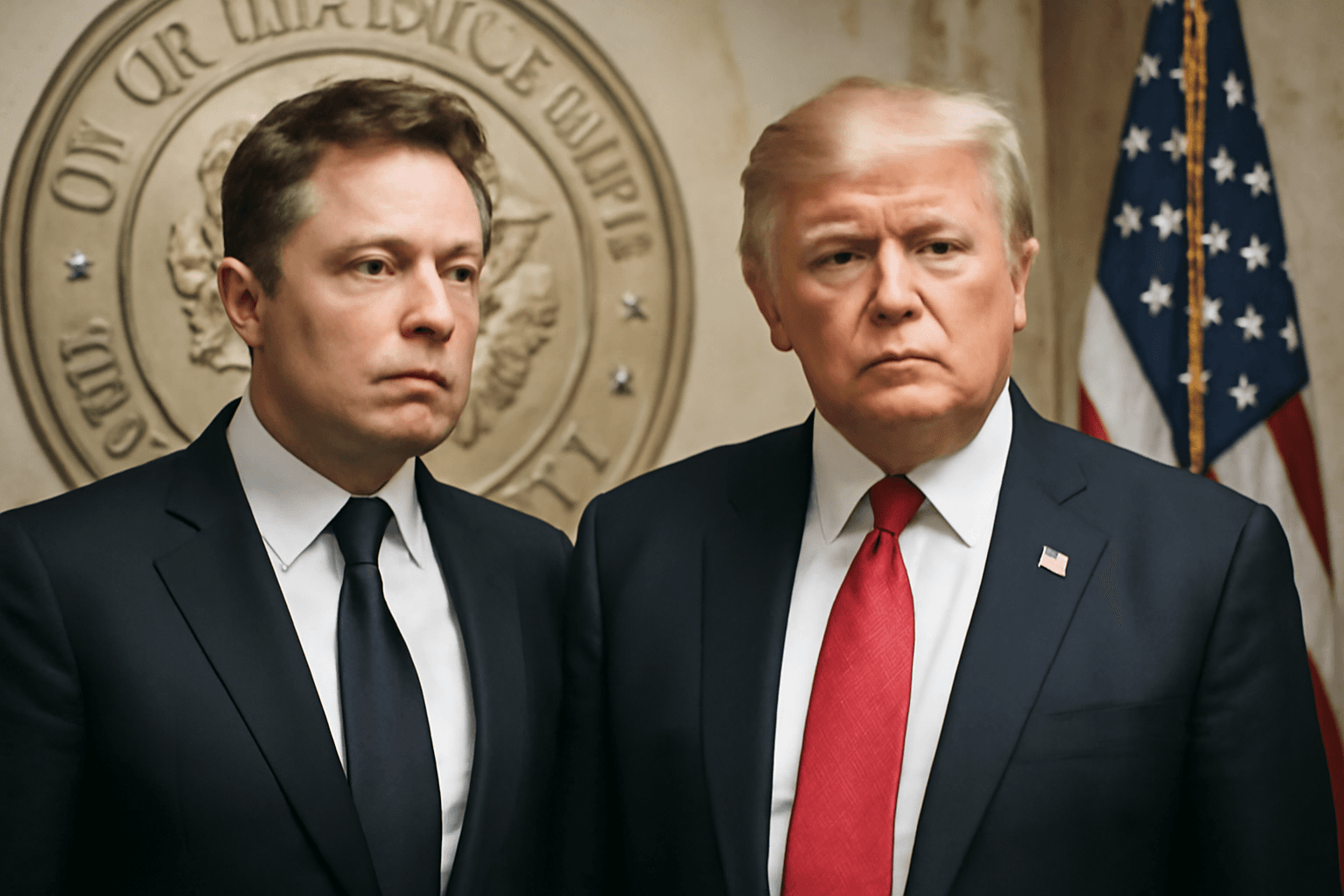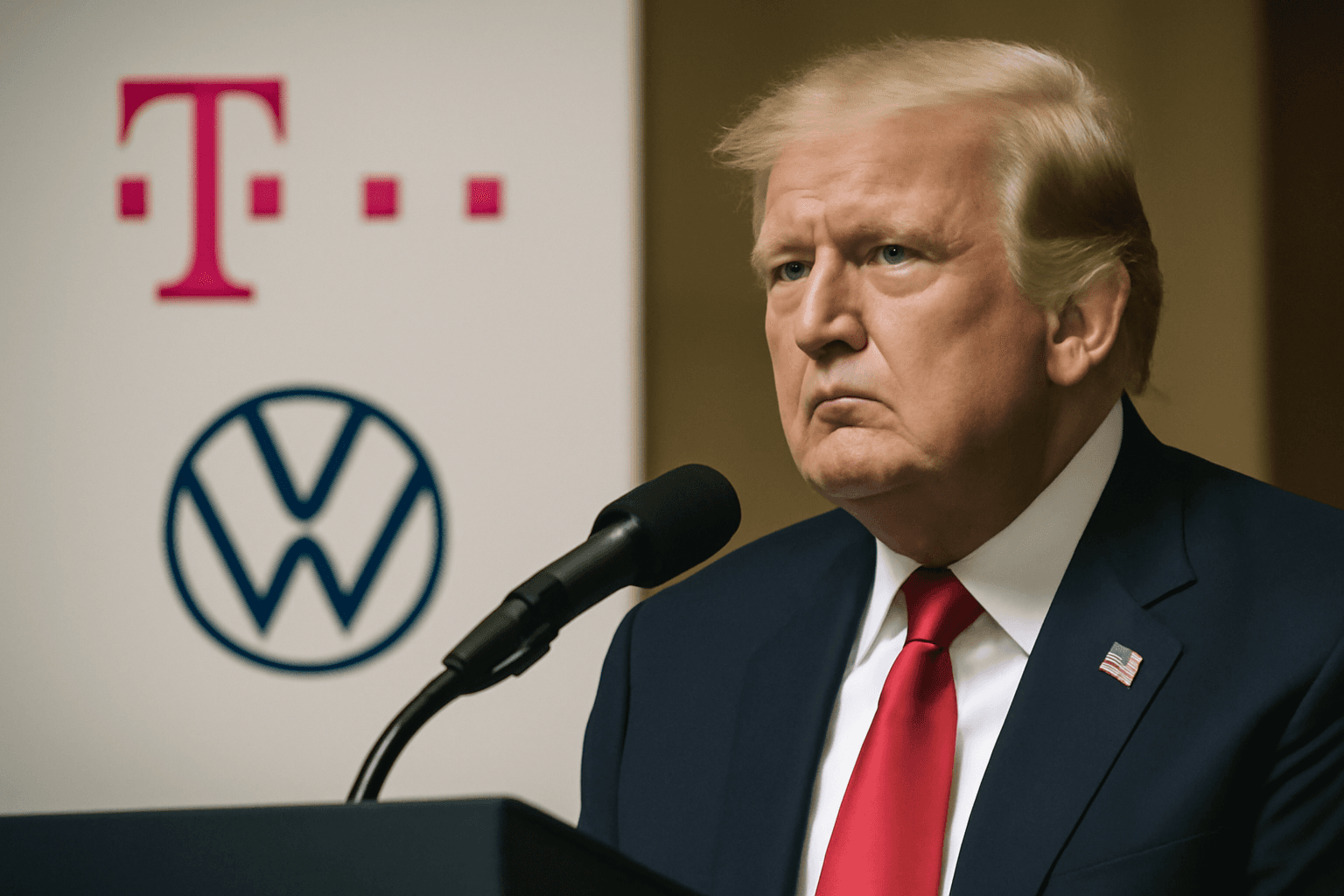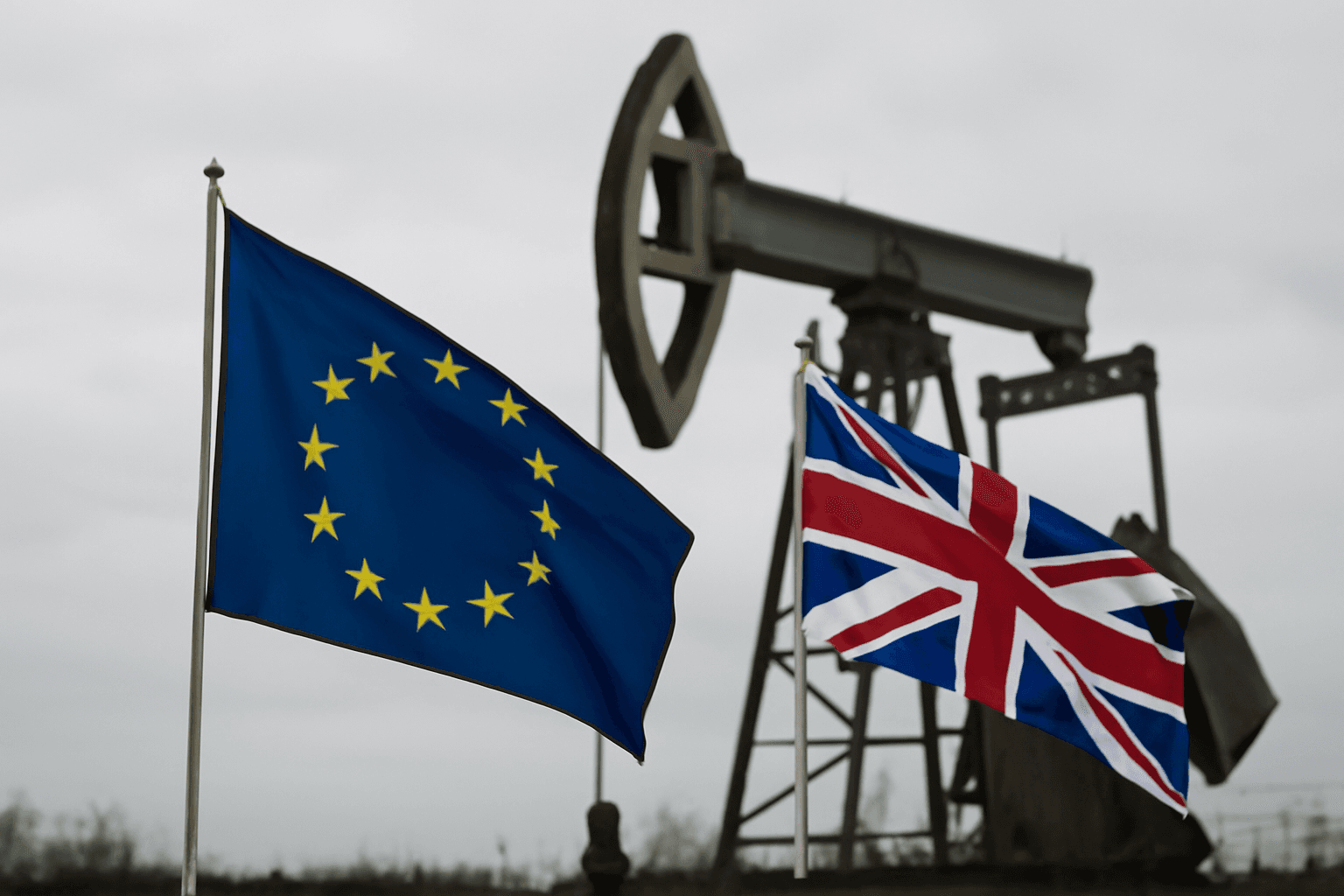Donald Trump's proposal to impose a 100% tariff on films produced outside the US has ignited significant concern within the globalized American film industry. Major studios like Netflix and Disney have seen shares drop amid fears of increased production costs, given the industry's reliance on overseas filming locations.
Historically, Hollywood productions have leveraged generous tax incentives in regions such as Europe, Canada, and Australia, benefitting from more affordable shooting options compared to domestic locations. Moreover, the industry has become increasingly internationalized, with co-productions spanning multiple countries to share resources and funding.
Industry Voices Criticize Tariffs at Cannes
The ambiguity surrounding the tariffs—particularly whether they would apply solely to films or also include television series—fueled criticism during the Cannes Film Festival. Director Wes Anderson highlighted the impracticality of taxing intellectual property by asking, "Can you hold up the movie in customs? It doesn't ship that way." Actor Robert De Niro condemned the notion, stating, "You can't put a price on creativity, but apparently you can put a tariff on it." Bollywood star Vivek Ranjan Agnihotri warned that such tariffs might decimate India's struggling film industry.
Examining Hollywood’s Decline
Trump claimed on Truth Social that "the movie industry in America is dying a very fast death." Data from Film LA shows a 34% decline in on-location filming in Hollywood over the past five years, attributing the downturn partly to tax-driven foreign shoots. However, factors including the COVID-19 pandemic, a global economic slump, and a 2023 strike by actors and writers have also severely impacted production output.
Stephen Luby, a film lecturer, noted the necessity of foreign incentives for cost-efficient filmmaking, suggesting some productions might not proceed without them. Interestingly, Mel Gibson, advising Trump on these tariffs, is filming his latest movie in Italy despite advocating for bringing productions back to the US.
While the US currently has a slight trade deficit in entertainment content ($27.7 billion imported versus $24.3 billion exported in 2023), experts like Professor Jean Chalaby observe that US-based streaming platforms, such as Netflix, dominate global content distribution. Asia’s burgeoning content hubs, notably South Korea, are rising competitors, but the US remains the largest exporter of film and television content.
Potential Trade War and Industry Implications
Some American industry groups, including the Screen Actors Guild and the Motion Picture Association (MPA), back Trump’s goal of revitalizing domestic production by supporting tariffs and opposing foreign tax incentives. The MPA also challenges EU regulations requiring 30% European content quotas and funding mandates, which US streamers have legally contested.
Conversely, many in Hollywood question the feasibility and consistency of Trump's tariff policy. Director Richard Linklater expressed skepticism, noting Trump’s unpredictable positions, while actress Zoey Deutch nostalgically emphasized the cultural magic of making films in Los Angeles.
If implemented, these tariffs could trigger far-reaching consequences, potentially reshaping content production and distribution dynamics worldwide, though experts doubt they will enhance industry prosperity.

